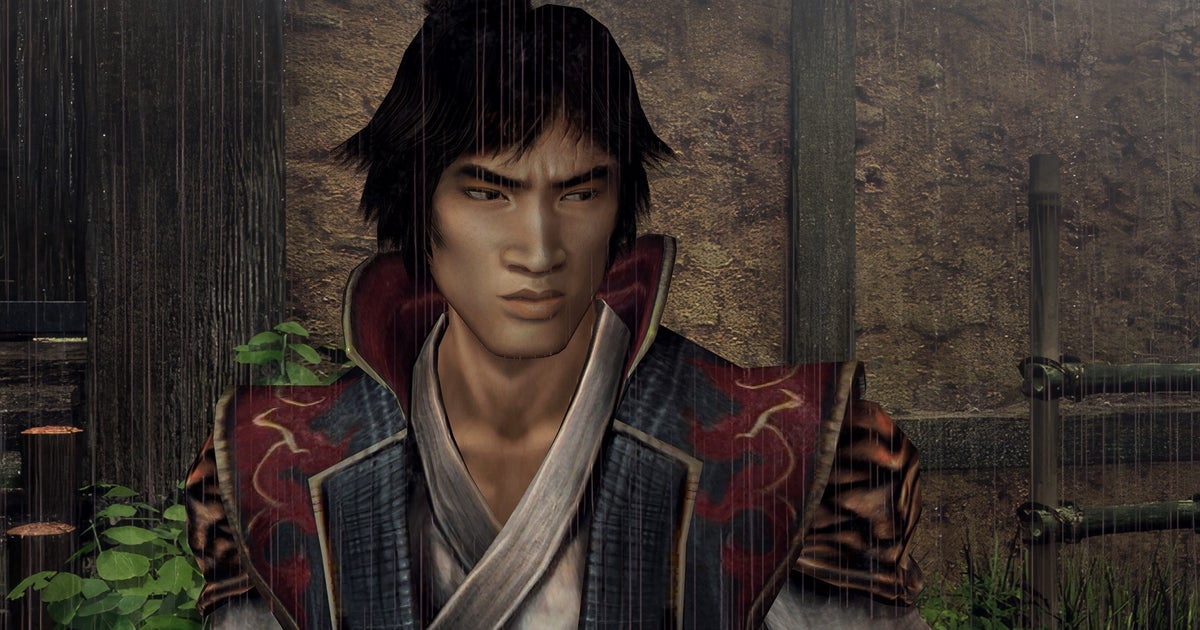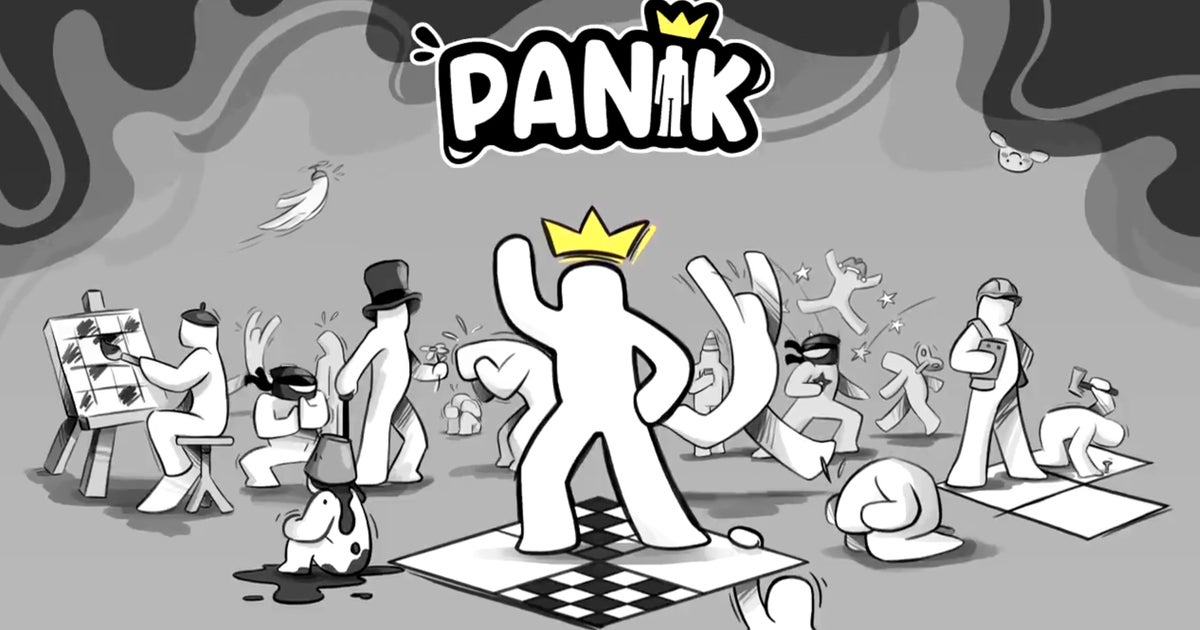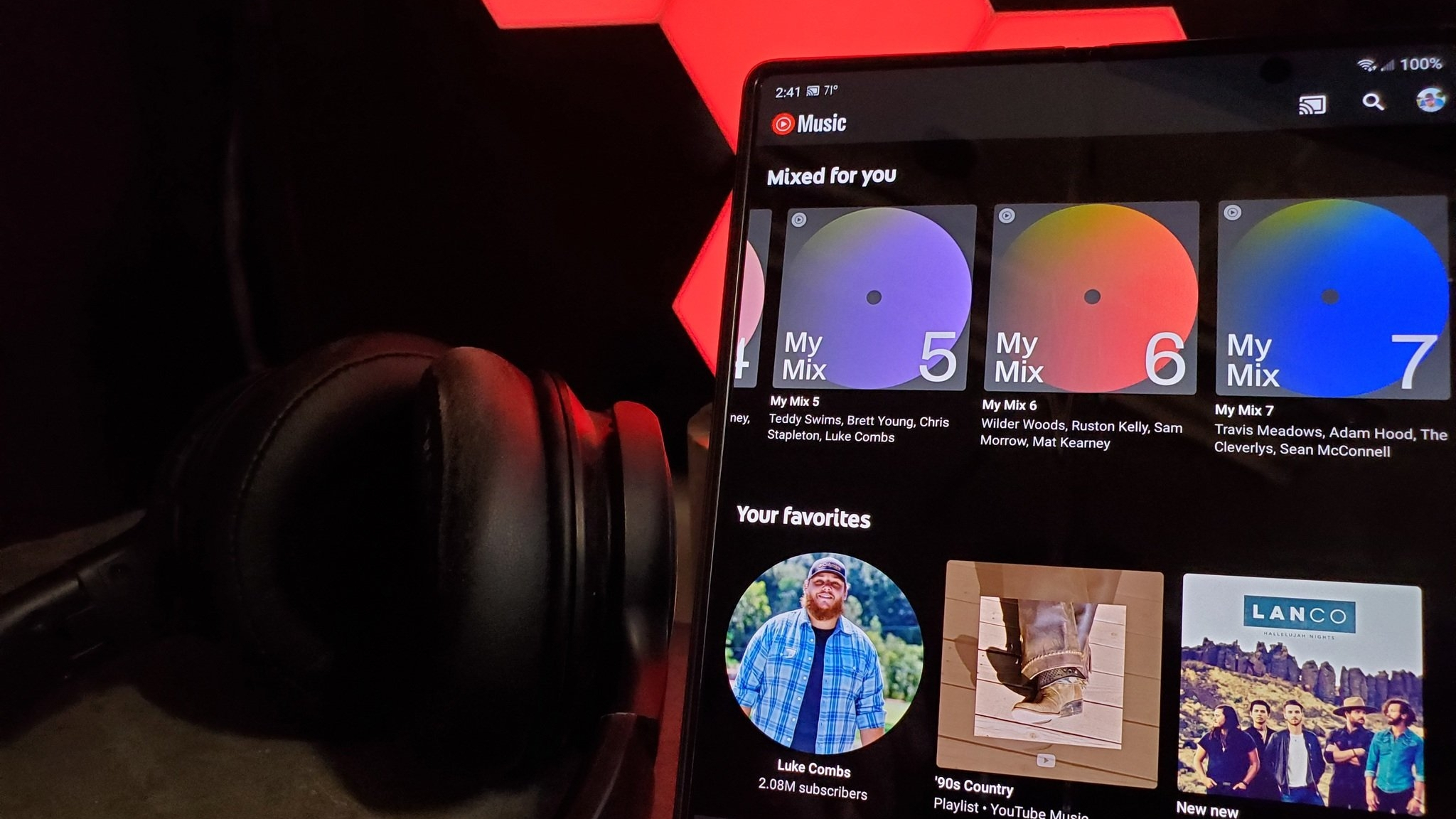Onimusha 2: Samurai's Destiny Remaster: A Nostalgic Journey Through Capcom's Classic

As a lifelong fan of the Resident Evil series, I have recently come to appreciate Capcom's diverse portfolio, particularly the action-packed franchise of Onimusha. Onimusha 2: Samurai's Destiny, originally released in 2002, offers a compelling blend of gameplay elements characteristic of both Devil May Cry and Resident Evil. This remaster revitalizes the experience, merging the fervor of sword combat with the strategic exploration and puzzle-solving that defines Resident Evil.
My personal connection to Onimusha 2 is somewhat indirect; while I never played the game myself, I vividly recall watching a friend tackle its challenges. He showcased both his skill and his propensity for boasting about his prowess in the face of the game's notorious difficulty. I must admit, however, that his claims may have been exaggerated. Fortunately, this remaster seems to streamline some of those challenges. It is, at its core, a crisp port featuring enhanced textures and a few additional menu options that can be found on its Steam page.
Thanks to the improved framerate, I managed to pull off several of the series' signature moves, including the Issen Counters, during the few hours I engaged with the game. These counters are akin to parrying, but they require you to press the attack button rather than the block button, adding a layer of challenge and excitement. Successfully executing these counters feels more rewarding than traditional parrying systems, such as the one in Sekiro, where a poorly timed block can lead to disappointing outcomes.
One vivid memory from my friend's bedroom, where I observed the gameplay, involved a harmonica he owned. I picked it up, played a few notes, and upon returning it, discovered a colony of tiny, translucent bugs thriving inside. While this may sound humorous in hindsight, it provided a stark contrast to the thrill of watching the action unfold on-screen. I had initially intended to draw a metaphor between our creative endeavors and the concept of remake culture's yearning for nostalgia, but the connection felt tenuous at best.
Returning to the game itself, Onimusha 2 is rich in character and atmosphere, showcasing Capcom's flair for theatrical storytelling. The game's initial boss encounter is particularly memorable, filled with over-the-top dialogue reminiscent of Saturday morning cartoons. As you engage in battle, a comrade appears, quipping, Did you miss me? before the boss dramatically declares, Ill be back! just before succumbing to defeat.
At its heart, the games narrative revolves around the resurrection of the notorious warlord Oda Nobunaga and his demonic minions. Players take on the role of Jubei, a hero thrust into a world ravaged by chaos. Early on, Jubei experiences the tragic loss of his home and embarks on a quest to Imasho, a gold-mining town that serves as the game's central hub.
Imasho plays a crucial role in establishing the games unique identity. It emphasizes character interactions, where forging connections and sharing gifts can alter the outcome of the storyline. A notable character, Ekei, is depicted as a boisterous figure with a penchant for food and drink. In a humorous twist, he embarks on a perilous journey to find a villagers missing daughter, only to discover she is a mere infantan outcome that injects levity into the narrative.
This dynamic storytelling aspect, combined with a hub design reminiscent of Resident Evil's Spencer Mansion, significantly enriches the gaming experience. Players encounter tight environments that heighten the tension similar to navigating the zombie-infested upper floors of the mansion. This design choice allows for an engaging blend of exploration and combat.
While Onimusha 2 offers a nostalgic trip, it does not shy away from its flaws. Navigating the pre-rendered scenes can be a challenge, and certain mechanics, such as needing to manually use keys from your inventory without prompts, may frustrate some players. However, I find this aspect lends the game a unique texture that enhances immersion, reminiscent of classics like Alone In The Dark.
Despite my friend's reluctance to embrace the Resident Evil series due to its tank controls, he embraced Onimusha's fixed camera angles. Now that I've experienced Onimusha, I feel the scales have tipped in my favor, even if this remaster doesn't dramatically reinvent the original product. It serves as a valuable preservation of a game that remains worth exploring, even for those new to the franchise.

























